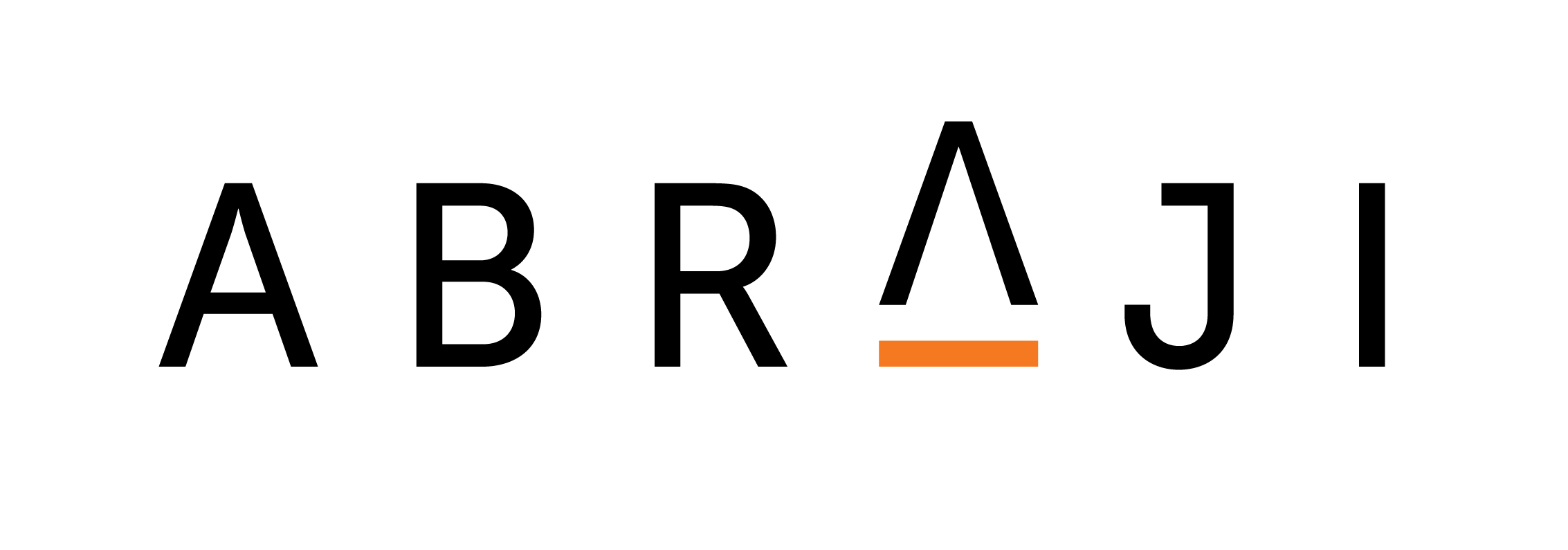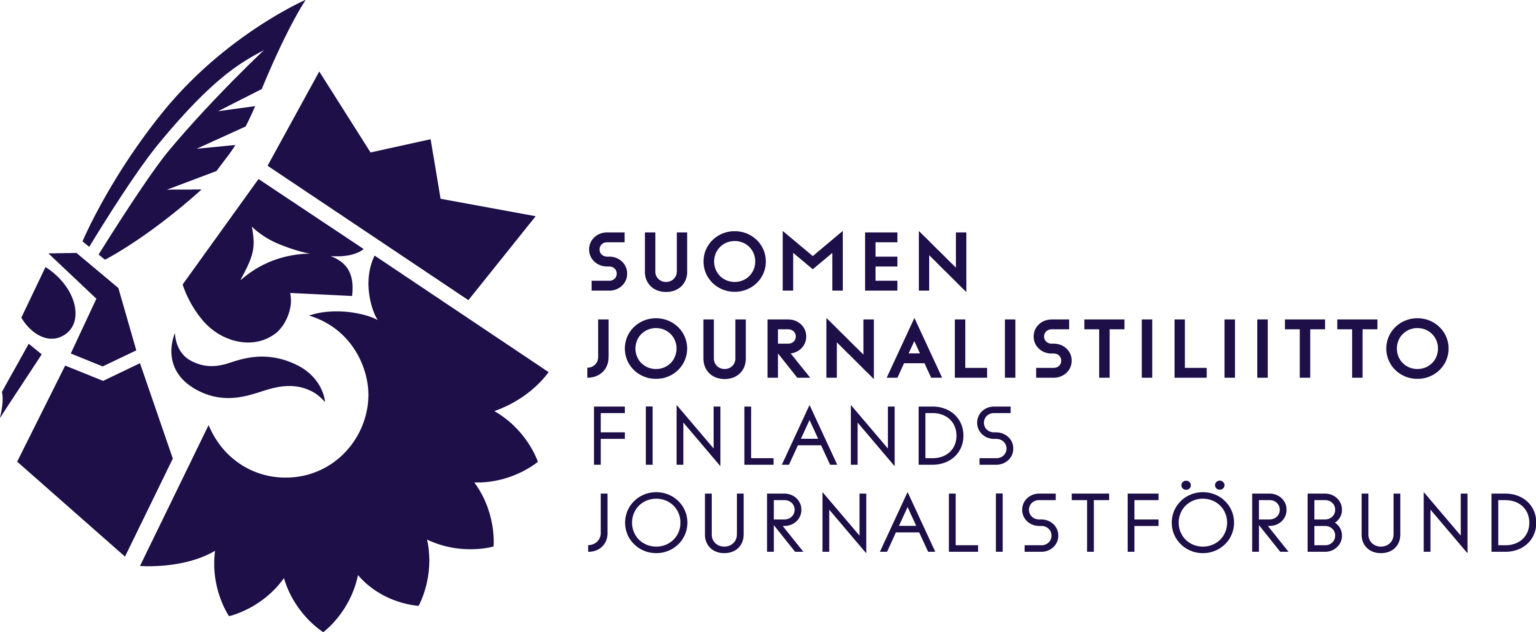General checklist for covering natural disasters
- Learn as much as you can about the type of disaster (hurricane, earthquake, tsunami, chemical spill, etc.) you are going to cover.
- Ensure you have conducted an in-depth risk assessment and are prepared to 'survive' in this challenging hostile environment.
- Assess the situation and whether it really is safe to send people to the incident (especially if it is a nuclear incident or a spillage), even if you are wearing protective gear).
- Wear appropriate protective clothing and gear. Ensure the protective gear is good enough to withstand the incident and that you and your crew are adequately trained to live and work in these conditions.
- Do not get in the way of rescue and relief workers. •Be self sufficient and do not be a burden to an already strained system.
- Do not cross police lines.
- Follow warnings of authorities and disaster experts.
- Check the weather; there may be storms but it may also be very hot
- Make sure the news desk knows where you are and what you intend to do. If you move locations then let them know. Ensure they have other local contacts in case you go missing.
Health and hygiene
- Make sure you have the correct vaccinations for the country you are going to and ensure you are aware of any outbreaks of disease due to the disaster.
- Diseases associated with hygiene are common and include cholera. Make sure you know what they are and how they are transmitted so you don'’t become a casualty.
- Make sure you take something to wash yourself if there is no water, such as wet wipes or baby wipes.
- Ensure you know the location of the nearest hospital or medical facility.
Clothing and personal equipment
- Ensure you have luggage with a waterproof cover which you can carry (rucksack) as you may not be able to wheel it.
- Wear appropriate protective clothing and ensure it is appropriate for the heat and humidity. When reporting from hurricanes or floods, ensure you have good quality rain gear, that it fits you and it is lightweight. Wear sturdy boots or wellington boots/waders.
- Ensure each member of the team has a grab bag at all times and that you have your emergency equipment including: torch and spare batteries, wind up torch, warm clothing, water, water purification tablets, compass, knife and food.
- Also ensure all of your team has reflective gear, if you are planning to report outside.
Accommodation
- Ensure your accommodation is safe and if in an earthquake zone that it will withstand another shock. Do not become a casualty.
- Ensure you check in and out with your hotel and they know when you plan to be back.
Food and drink
- Be self sufficient. Have enough food and water to look after your crew including bottled drinking water.
- Do not assume you can buy food and water from shops. Even if you can, local residents probably need it more than you.
- Use energy bars, dried food and freeze dried food if you take cooking equipment with you.
Vehicles
- •A 4x4 vehicle is better if there is a danger of flooding or you have to enter the region overland.
- Ensure you have checked your vehicle in advance of departure, and it is fitted with a working spare tire and the necessary tools to change it.
- Make sure the car has jump leads and you know how to use them. Double check that tires, wipers and lights are in good working order, and that the vehicle is fitted with a first aid kit, fire extinguisher, cones and flares.
- Avoid driving through running water. Flash floods could carry your vehicle away. Do not exit vehicles in running water for the same reason.
General hazards
- Do not take risks. Heavy wind and torrential rain might make for a decent shot, but they can be dangerous, and flying debris is likely to hit before you, or your crew, have even seen it.
- Refrain from smoking (there may be fractured gas lines in earthquake zones).
- Do not set up any live shots under or near trees.
- Do not use cables in or on the edge of still or running water or work in any area where cables have come down.
- If you smell gas, natural gas or sewer odours, do not switch on engines and refrain from using mobile/cell phones. Leave the area on foot as quickly and safely as possible.
Image by AFP




























































